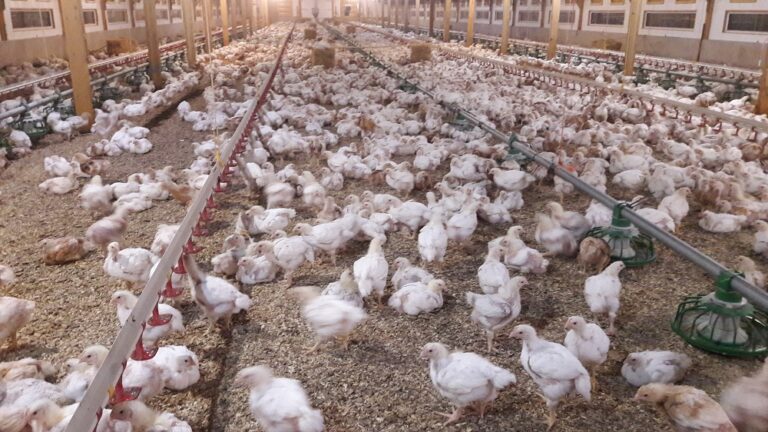Poultry farmers have expressed their disappointment over the lack of continued support in the Spring budget in the face of high energy prices.
The four farming unions had lobbied for the government to extend the highest level of energy relief available under the Energy and Trade Intensive Energy Scheme (ETII) to key agricultural sectors after 31 March 2023.
Chancellor Jeremy Hunt extended support for domestic households but not farms in Wednesday’s budget. Farmers such as south west broiler grower Jamie Hatch will experience a huge increase in energy costs from 1 April, when the existing scheme lapses. Hatch told PB his energy bills will increase from £68,000 to £250,000 a year.
John McLenaghan is deputy president of the Ulster Farmers Union. He said he was “deeply disappointed” with the government’s decision. “The UFU has been lobbying for horticulture, poultry and pig production to be included in the ETII Scheme,” he said.
“Energy is a critical source within food production. When the Energy Bill Relief Scheme changes at the end of March, higher energy costs will be a major challenge for all farmers. Many food producing businesses will struggle to absorb the huge hikes in energy prices, leaving them to face an energy cost cliff edge. This poses a longer-term risk of food price inflation for consumers and could also negatively impact the thousands of supply chain businesses that are sustained by the farming sector.
“From April 2023, the ETII scheme will provide high level energy relief to several sectors including food processing and manufacturing. However, it currently excludes primary agricultural production such as horticulture, poultry and pigs, sectors that rely heavily on energy. Failing to address that in the budget is a failure to address growing food security concerns and raises the prospect of more empty shelves appearing in shops across the UK.”


